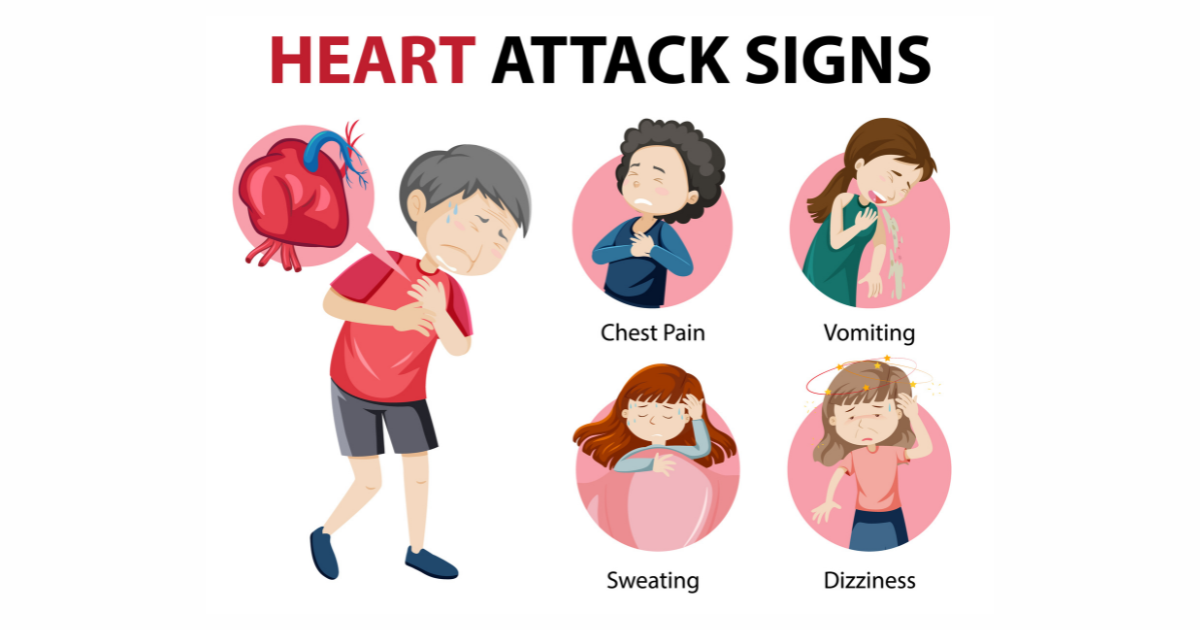Muscle soreness can affect every part of your body, including the chest muscles, especially when they are inflamed.
Sometimes you might feel a pressure or burning sensation in your chest, or other types of general uncomfortable situations that will indicate something is not right. Experiencing chest pain rarely is nothing to be afraid of as it might be an indication of improper digestion. However, when the feeling becomes frequent, you need to take precautionary measures. Numerous causes are associated with chest pain and it’s advised to seek immediate medical health if the sensation becomes too hard to bear.
While chest pain is an indication of heart problems, other internal organs in your body can also be the cause for the pain. Despite the causes, you need to be aware of the symptoms. The generic causes of chest pain include:
Heart-Related Causes
Heart issues are the primary cause of severe and mild chest pain. Over 15% of adults in the United States suffer from Coronary Artery disease, which is a common heart disease. When you have this heart disease, blood won’t be able to flow into your heart properly. An insufficient supply of blood in the heart can make you feel a sharp chest pain known as angina. This pain can spread from your heart to your arms, back, and other body parts.
Most people associate heart attacks when they experience even minor symptoms of chest pain. When your body suffers a heart attack, blood could not reach your heart. You will feel your chest being squeezed or crushed. If you feel any type of chest pain, call 911 immediately.
Lung-Related Causes
Lung pain is closely associated with chest pain. Pleurisy is a common case when a thin membrane will cover your entire lungs and make them inflamed. When you develop pleurisy inflammation, you will feel tenderness and sharp pain when taking deep breaths or coughing. This sheer pain in your chest might get worsened over time, especially if you don’t consider treatments.
Some pains associated with your lungs will require immediate medical attention. Pulmonary embolism is one of the most common causes. This situation takes place when one lung’s arteries form a blood clot. Problems in breathing along with sheer burning sensations in your chest are the symptoms.
Muscle-Related Causes
If you have been exercising at the gym before, you will know the feeling of muscle soreness. Muscle soreness can affect every part of your body, including the chest muscles, especially when they are inflamed. Trauma can also affect the chest muscles, causing chest pain or a burning sensation. Lifting heavy weights incorrectly and coughing vigorously can also cause chest pain. As per Everyday Health, muscle soreness is normal after light weights.
Stress-Related Causes
When you’re stressed about something, feeling extremely worried, vulnerable, and restless is normal. However, depending on your stress level, your mental health conditions will go through massive changes. These negative emotions will create a feeling of tightness in your chest, which will prevent you from breathing properly.
To summarise we can understand that chest pain can take place in the upper section of your body for various reasons, including heart and lung problems. It can also spread to other parts of the body quickly. You should always take symptoms of chest pain seriously and seek medical attention.
“Composed by: Kristen Smith is a Social Media Expert. She is passionate about new technology & gadgets. She shares her tips on business & marketing.”

